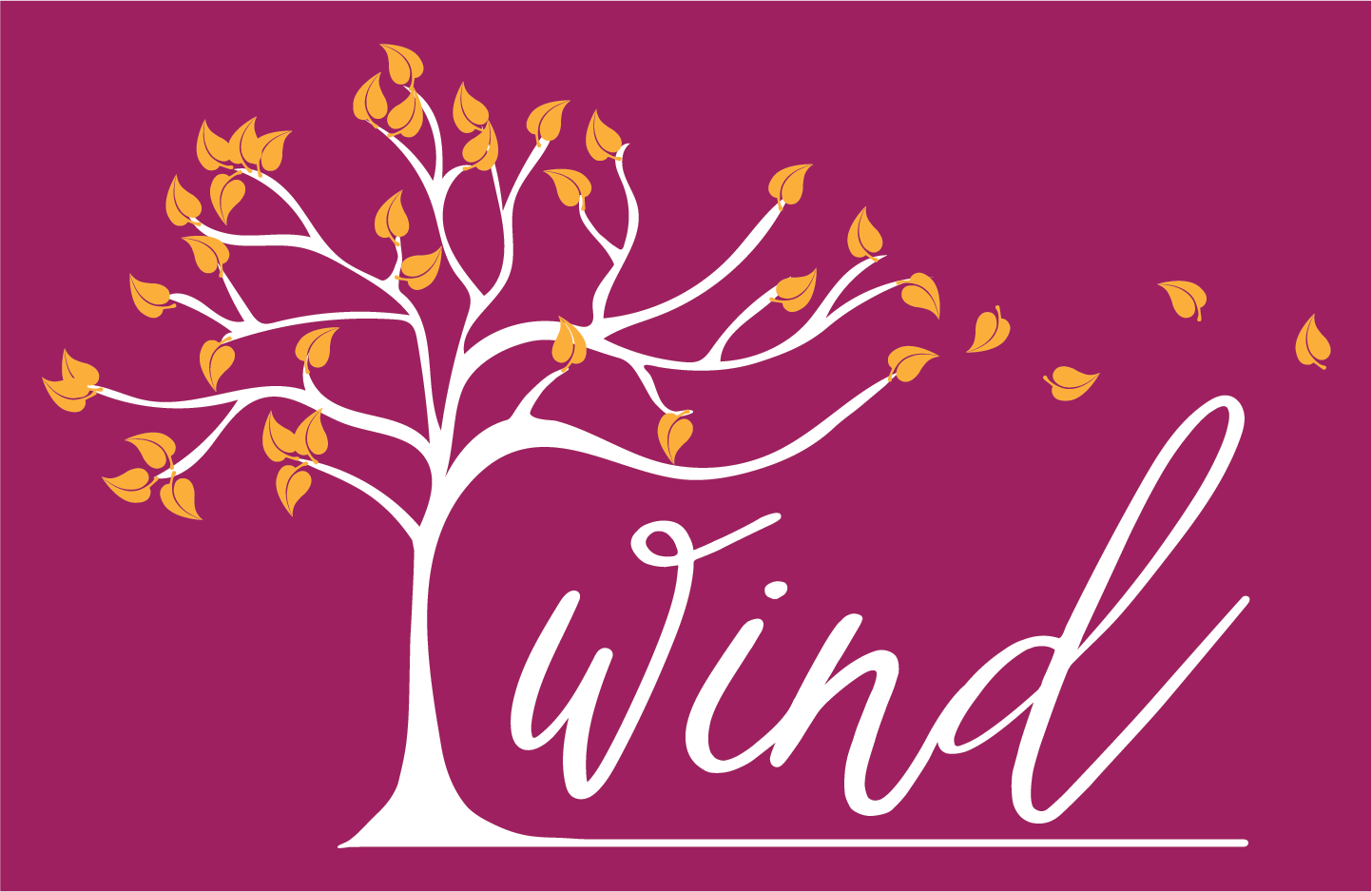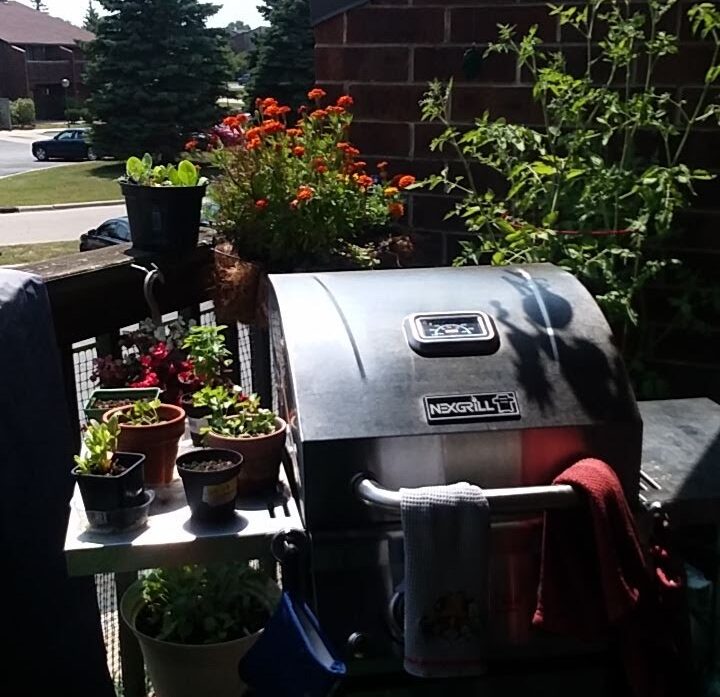By Lisa R. —
Lisa R. has faced many challenges but her life shows the incredible influence that community can have on you. She says in particular that “Everyone needs to heal from something, but people don’t know how to heal themselves.” Healing yourself is nearly impossible; Lisa needed a community to help her find that growth. Formerly a resident of Grace House, a transition home in Chicago, there she learned the importance of connecting with others and communing with nature.
Lisa grew up as part of what she describes as a lost generation, in a neighborhood hit hard by freebasing. She tried a variety of programs to get clean over the years. In her 40s when she arrived at Grace House, an interim housing program for women recovering from addiction, she found something she realized she had been missing her whole life: community.
At Grace House, in addition to former struggles with addiction, she found that the women were united by a few experiences. They all had in common the inequality they’d experienced in a man’s world. For her, the women’s issues groups were tremendously helpful, but she loved the writing group the most.
“We were allowed to write our own stories. That made it more authentic and more real.” The power to share her story connected her to others in the program and helped Lisa become the person she is today and leave behind her past. Sharing stories validates and connects people to each other, uniting the women of Grace House.
Being at Grace House for over two years was a valuable experience, Lisa says. No longer worrying every day about the basic necessities, she was able to try to rebuild her life. That wasn’t without its challenges though; while the residents all went through a job program for 12 to 16 weeks, there were few employers willing to hire. With the help of leaders at Grace House like Director and Pastor Bernadine Dowdell, however, she had the motivation to rise above the negative assumptions people made about her.
“I was judged for being black, being a woman,” she said, of her experience growing up and before she came to Grace House. There, others had similar experiences and were able to give her a comforting, nonjudgmental environment. The mentorship program she participated in greatly impacted her life: for the first time, she had someone who wanted to help her get better, something she’d never had before. Her mentor, Jenny, taught her about fundraising, writing, hiking, and riding a bike. After losing so much of her childhood, she had the opportunity to claim those experiences as an adult. This sense of community drove her to treat all new women coming into Grace House the way she’d been treated, and she began to see herself as part of a community, learning what she calls “citizenship.”
Now, community remains the driving force of Lisa’s life. She is a grandmother and community leader; she spends a great deal of her time registering people to vote. After struggling with addiction, she has been clean for many years. Having moved recently, she’s focused on family, namely her daughter and granddaughter. She loves what she has learned and she has been utilizing it. “I’m not going to live my second half-century the way I lived the first half-century,” she says, looking at what she values most. Building community everywhere she goes, Lisa finds time for herself in her gardening and encourages everyone to reach out to their neighbors, where she’s found close relationships over the years.
Despite recent struggles and losses, she continues to focus on the connections she’s made and the community she finds everywhere she goes. Her life and incredible journey show how important it is to provide women who have been left behind with the opportunity to support each other and find their calling. “Don’t forget to sow a seed along the way. You have to help somebody,” she says. Lisa has been able to give back to her community in ways she never imagined, helping it flourish just like her garden.


